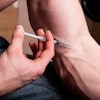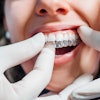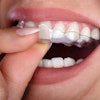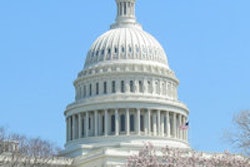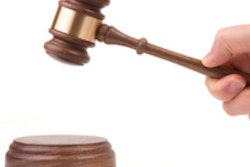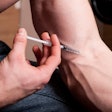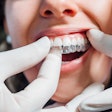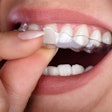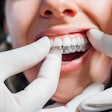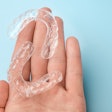
Texas officials are giving up on recovering most of the hundreds of millions of dollars spent on questionable Medicaid dental and orthodontic procedures. After years of an ongoing scandal over fraudulent billing and courtroom losses, the commission that oversees Medicaid has offered settlements for a fraction of the claimed damages.
The Texas Health and Human Services Commission (HHSC) has offered settlements for most of nearly 100 pending cases of alleged overbilling, and almost all of the remaining cases are expected to be cleared by the end of the year. The state has been trying to recover money from dental providers accused of fraud but has lost most of the cases.
The commission expects to recoup $20 million or less of the $823 million in suspected fraud and waste.
"We've implemented a comprehensive and aggressive effort to reduce our backlog and have made significant progress by settling numerous cases," HHSC spokesman Chris Cutrone told DrBicuspid.com. "We have cut the legal and investigative side of our backlog by more than 50%, and that number will continue to climb."
A September 2015 HHSC report acknowledged problems with its tool, known as an "extrapolation model," for determining the scope of damages. After being appointed in January 2015, Inspector General Stuart Bowen replaced it with a sampling/extrapolation method, RAT-STATS, a software tool that is also used by the federal government and other states, Cutrone said.
"The faulty former extrapolation model employed by the previous administration was the main problem with many of these cases," he explained.
 Houston plaintiff's attorney Jim Moriarty.
Houston plaintiff's attorney Jim Moriarty.The new strategy is part of the changes under Bowen, who was chosen to replace the former Inspector General Doug Wilson. Wilson resigned in 2014 after the Texas state auditor announced it was launching an investigation into no-bid $110 million contract brokered by Wilson. Several other HHSC officials also quit as part of the scandal, which also damaged the agency's reputation, making the legal cases harder to win.
Some who alerted the state about potential fraud expressed disappointment at the decision, saying the HHSC allowed the poor to be mistreated and wasted taxpayers' money.
"Keep in mind that Office of Inspector General was on alert in 2008 that something was amiss, yet the state did nothing," Houston plaintiff's attorney Jim Moriarty told DrBicuspid.com. "If the state chose to protect the taxpayers and the children who so desperately need and are entitled to competent dental care, it could simply choose to do the case reviews on new samples. Rather, the state now chooses to abandon all of those cases."
Several lawsuits assign blame
However, state officials are planning to proceed with a lawsuit accusing Xerox, which handled Medicaid orthodontic claims, of wrongly approving hundreds of millions of dollars' worth of Medicaid claims for orthodontic services that were not medically necessary. The suit is significant because the state or Xerox may eventually have to repay the federal government for its share of the Medicaid spending that did not comply with the rules.
“Keep in mind the Office of Inspector General was on alert in 2008 that something was amiss, yet the state did nothing.”
Several lawsuits have been filed by dentists who were being pursued in court by the state for orthodontic overpayments. The complaints allege that the state and attorney general "protected" Xerox because they feared a federal clawback for hundreds of millions of dollars in fraudulent orthodontic claims. The suits claim that state regulators gave Xerox a pass because acknowledging the company's improper handling of claims would call into question why Texas repeatedly renewed Xerox's contract.
"We are continuing to pursue several cases in our backlog where we feel there are significant allegations of fraud however we cannot provide comment on specific providers," Cutrone said.
Federal reports cite Medicaid fraud
A 2014 report by the U.S. Office of Inspector General concluded that Texas paid more than $191 million, including $133.4 million paid by the federal government, for unallowable orthodontic services between 2008 and 2011. The investigation blamed the HHSC for not ensuring that the prior-authorization process was used to determine the medical necessity of orthodontic services under state Medicaid guidelines.
A federal report revealed that in 2010 Texas orthodontists charged Medicaid as much for services as the rest of the U.S. combined. In addition, ACS Healthcare, the Xerox subsidiary that handled Medicaid orthodontic claims, was rubber-stamping the claims, according to the report.
After Texas raised dental reimbursement rates in 2007, the number of dentists participating in Medicaid increased from 45.4% to 63.4% in 2010, and claims increased by 240% between 2007 and 2010. The surging Medicaid costs attracted the federal government's attention, which notified Texas in 2011 that it intended to audit whether the state was approving only medically necessary orthodontic claims.
"State government is so deeply in the pockets of the providers, and the elected officials like to be able to claim they are looking out for the poor, while they allow the poor to be mistreated," Moriarty said. "It really looks to me like Texas officials could care less that something in the range of $1 billion was stolen from the taxpayers."
